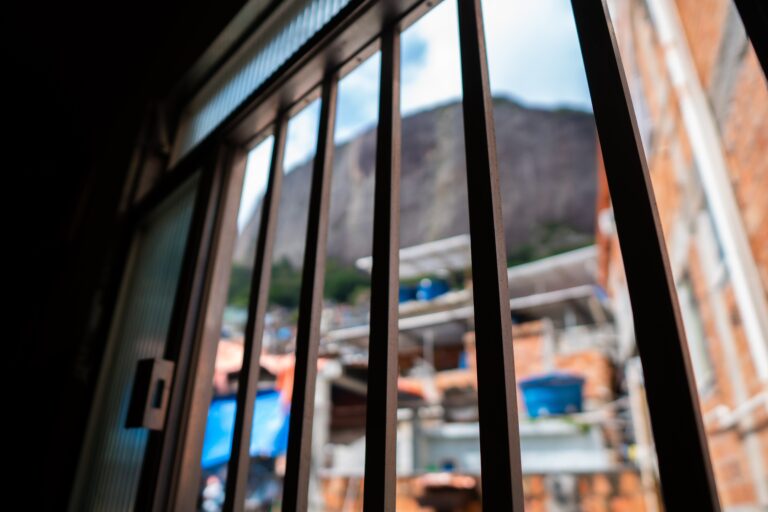The failure of State-run secondary schools exacerbates classism socially and in the labour market as a result of mismanagement and neglect by persistent administrations that have had a piece-meal approach to the crisis yutes face in the education system.
For 2015, in the allocation pool of four hundred and forty-three (443) national scholarships, denominational schools took home a whopping 95% of the total. State schools underperform compared to schools run by religious boards of control disproportionately.
This issue calls for being more than a “very concerned” Minister of Education or having the Cabinet of Trinidad and Tobago “not pleased”. These unsatisfactory responses go against the history of struggle of teachers unions and the early nation building efforts. Together, they fought to democratize education while challenging elitism that blocked greater access to and standardization of schools.
The fact that adults in their 40s, 50s and 60s continually identify with their alma matter and wear school rings express what kinds of advantages that attending a prestige school, which is almost exclusively a denominational school, brings – it commands greater respect, authority and social networks that help in professional advancement. Clearly, our education at secondary school level is part of the class fabric of Trinidad and Tobago society; it enables us with power and privilege that helps procure social goods and services in the medium and long-term.
Directly related to this is the annual photo opportunity with Ministers of Education who visit the top performing school in S.E.A examinations. This is a validation of the “primary school winner” in a competitive exam race yutes are pushed in for anxious placement in competitive schools. While we celebrate excellence, there is no public reminder and commitment to the improvement of the students who do not make the “Top 100”. The question, we now ask therefore is, by this photo-op whose voices are amplified?
The greatest part of this concern and displeasure by the current government not being discussed most is 6th form is for yutes who want to be in school. There is greater national visibility on their performance since scholarships are awarded. Form 5 is for the yutes who have to be in school. There is much less visibility on success and failure in CXC O’Level examinations. There are alarming failure rates in Math and English for boys and girls and this brings more truth about the crumbling government school system than 6th form school performance.
I look forward to a Government of the Republic of Trinidad and Tobago that initiates research to address this question: How many 6th formers on national scholarship did private lessons? “Factory lessons” which provide intense programmes for exam preparations and a guide on “how to get a scholarship” is a major characteristic of school life for yutes today. Essentially, rich, poor and middle class parents dig deep into their pockets to pay for a second secondary school education that runs parallel to the official school programme. Teachers involved in the school system often lead these lessons and it even happens at an equally petrifying scale at the primary school level.
The same way a classless Trinidad and Tobago is a myth, so is there a cultural mythology that those who do not do well are lazy, undisciplined or competitively and fairly ‘left behind’. How convenient is it for the Minister responsible for Education to lobby for a national discussion on corporal punishment now? To make it short, our problem in education today is not primarily an issue of child discipline. I argue it is one of political will and resources to address the issue of overpopulated State-run secondary schools; weak and infrequent Parent Teachers Associations strapped for cash; the pervasiveness of community violence that creates school yards as battle grounds; an economy that values academia over “trades” in spite of how much lip service and paper qualifications we encourage; and the lack of affirming social environments for yutes to lift their head in confidence and not get beat down in the home, beat down in the community, beat down in the streets when the system beats them Monday through Friday.
A national consultation on the quality of education at all levels should rollout in every district. What possibilities lie for UTT and UWI making clinical interventions into the school system? Foreign language, culinary and creative arts schools are on the horizon? How about confronting the issue of “fly-away-ism” where our students dream to study, work and live away as far as possible from Trinidad and Tobago?
I honour the hard work all students on scholarship have put in. My younger brother, Marcus, literally beat book, worked in study groups and did tutorial style sessions with students in lower forms to reinforce what he knew and later reaped the rewards. I think persons have more advanced learning curves than some; but to do well in exams requires a bold standard of consistent output, hard work.
An expansion of the number of scholarships does not fix the mass of yutes structurally fixed to the bottom of the education pyramid. On this road to development into 2020, 2030, 2100, we may be going “up the down escalator”, as Michael Manley remarked, if we are not serious about who is moving in the development process. But this is about the right to raise our children in dignity and good health; this is about the right to give equal life chances for any student and chile placed in a school they ‘passed for’ in an exam that they sat since they were 11.




One thought on “Classism 101: How the Government Fails Our Children”
Comments are closed.